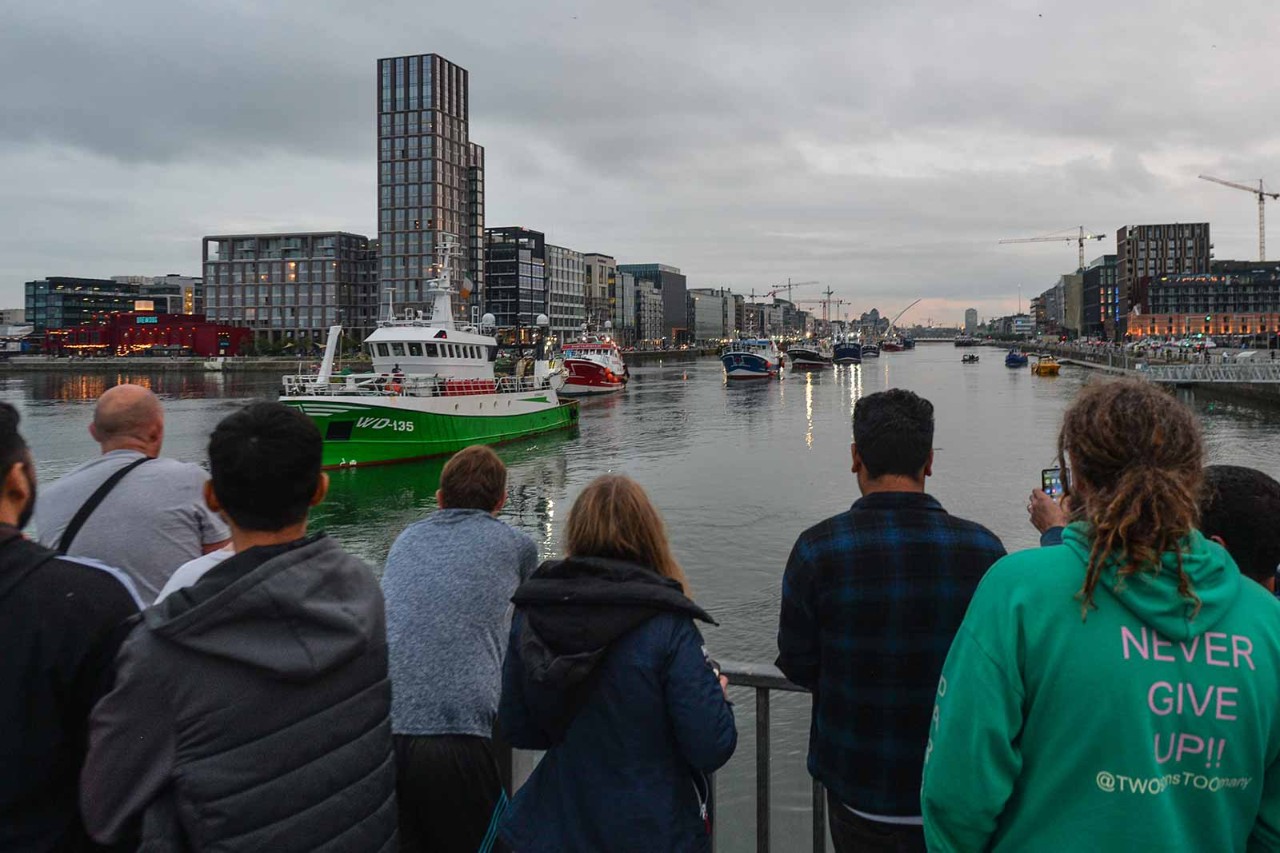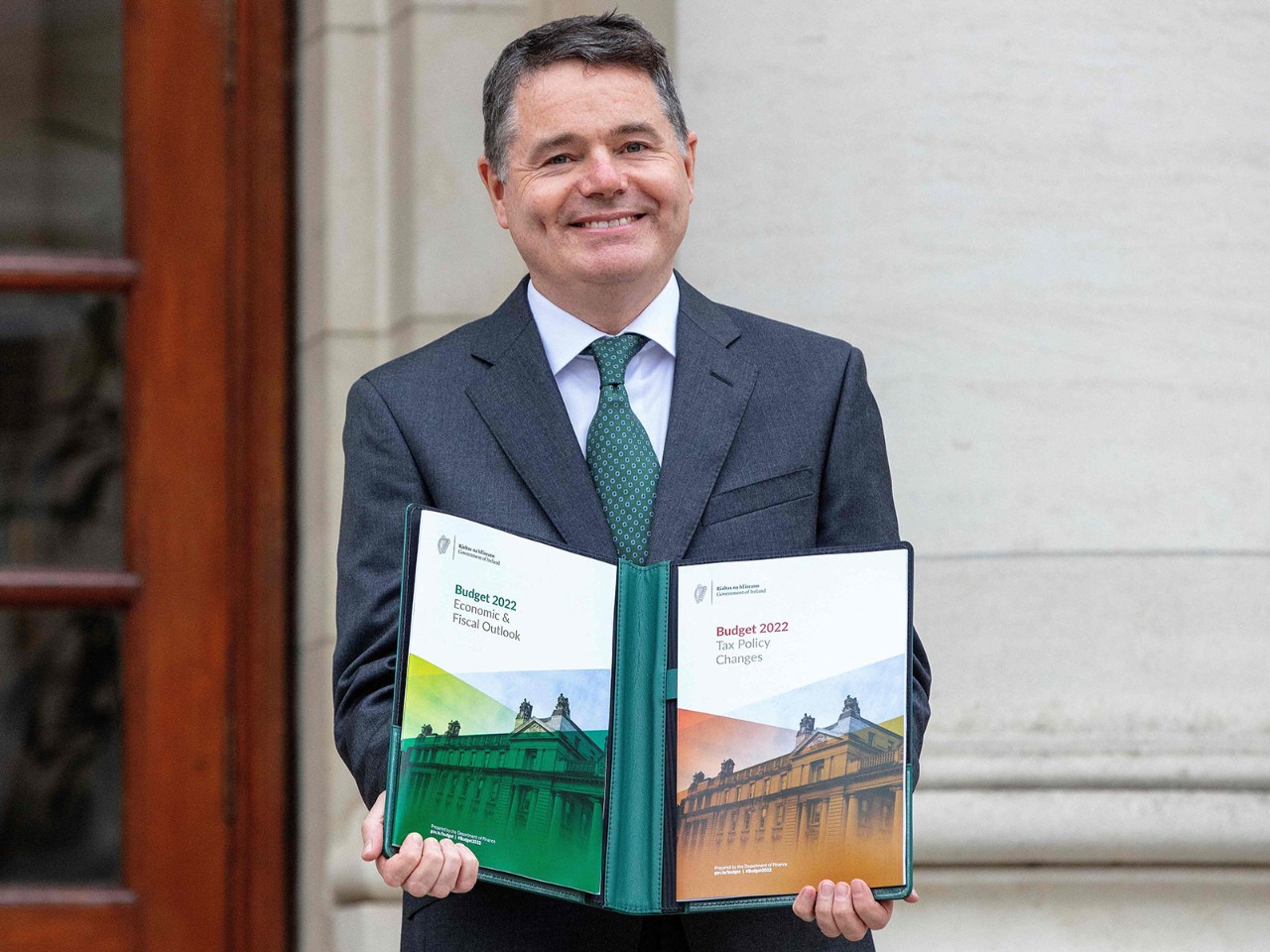
Accountants may be the single most essential profession for delivering the world’s developing focus on sustainability. That was the main takeaway from ACCA Ireland’s conference on sustainability in finance, which over 550 members dialled into.
The members were joined by a panel of three speakers: president of the International Federation of Accountants Alan Johnson FCCA, Seán O’Reilly from the Technological University Dublin, and ACCA’s head of business reporting Sharon Machado.
Unique role
‘Sustainability means a lot of different things,’ said Johnson, ‘and the future is going to be shaped by countless choices yet to be made, and enormous externalities that we cannot predict.’
But, he argued, accountants were uniquely placed to take a leadership role in building sustainability into the foundations of business. ‘Stakeholders in business want more information than they can currently find,’ he said. ‘Accounting is the language used to communicate this information, and accountants are already fluent.’
What’s more, accountants are embedded at every stage across the supply chain, he added. If not accountants, then who? And if not now, then when? ‘The natural world shows no regard for crises,’ he pointed out, suggesting that the world could not slow down its journey towards net zero to focus on the pandemic, since environmental destruction would simply continue apace.
‘Consulting firms with no qualifications are taking on sustainability assurance roles they are not equipped to perform’
Asia Pacific
Asia-Pacific climate roundtable gets real about net-zero commitments in a warming world
Johnson went on to describe troubling trends emerging from IFAC’s own research. ‘We’re seeing consulting firms with no qualifications or code of ethics to match the accounting profession taking on [sustainability] assurance roles that they are not equipped to perform. This is becoming an investor protection issue, and a cause for concern of the effect on public trust, which will decline if assurance fails to deliver.’
Retool, reskill, deliver
Accountants, said Johnson, need to retool, reskill and build on what are already legitimate standards to develop widely accepted rules for sustainability accounting that are not separated in substance from the existing rules for financial statement accounting.
‘We have to avoid fragmentation – it’s expensive for business,’ he said. Presumably, fragmentation would also significantly slow efforts to embed sustainability accounting as a business norm.
Europe
How the EU sees its role in the drive for a single global set of sustainability standards
80% of attendees believed that, in the future, access to capital would be determined by sustainability performance
O’Reilly thought that the fragmentation issue was being addressed. ‘Things are moving at a very fast pace in this area,’ he said, referring to various mergers between sustainability standard-setters, and the IFRS Foundation’s mooted intention to set up its own Sustainability Standards Board.
‘In a very short time, universities will need to look at changing accounting curricula to include sustainability accounting, and accountancy firms will need to start making efforts to train their staff,’ he added.
A poll during the session showed that 80% of attendees believed that, in the future, access to capital would be determined by sustainability performance.
What good looks like
Machado agreed and delved into the details of what good sustainability reporting should look like. ‘We’ve known for some time that true sustainability reporting brings together economy, society and environment, but it’s important to acknowledge that transparency is also really important.’
She added that it was well understood that sustainability reporting should be – like good financial reporting – complete, comparable, reliable, relevant, timely, understandable and verifiable.
‘But we also need a common conceptual framework and common metrics because this will increase the reliability of downstream assurance, and good reports also include data relative to a boundary, and indicative of the future.’ So, for example, companies that need water for their work must talk about both usage and availability.
Answering a question about where accountants might begin to gather this non-financial data, Machado encouraged practitioners to go back to the business’s value drivers. ‘The finance function needs to properly understand the business processes for delivering goods and services across the value chain, and then develop the data system to gather the information they need.’
India
ACCA India’s COP 26 roundtable says now is the time for mitigation and adaptation
Middle East
Three roundtables with representatives from across the Middle East region discuss climate urgency, optimism and room for improvement
‘Just get on the train and start moving in the right direction’
UK
COP 26 roundtable discusses UK members’ views of sustainability and superhero accountants
Profession to step up
Machado discussed some findings from ACCA’s own research which suggested that while 90% of accountants thought organisations must increase their efforts to become more sustainable, and 54% thought they had sufficient skills and training to address social and environmental issues, only 30% thought that finance teams should lead the way in building a sustainable future.
These findings reflected an earlier poll in the session that saw attendees select regulatory changes as the main driver within their industry requiring sustainability to be incorporated within an organisation’s strategy.
‘That’s disappointing,’ said Machado. ‘It might be to do with who’s on the call today, but regardless, we really need accountants! Think about where accountants are in a business. They’re in leadership, management, operations – influential positions. They are in functions that drive value creation, value protection and value communication – and all of these must be brought together and underpinned by sustainability.’
Ultimately, said Johnson, although many accountants work in the private sector, they are public servants. ‘There’s an urgent need for the profession to step into greater leadership, certainly, but let’s not forget that we as accountants also have substantial competitive advantages in this area.’
But, he added: ‘The ethics knit into the fabric of our profession gives us the right to be heard, and we must maintain it. There are incredible opportunities for accountants to shape the world for the better and do what is right for the long-term benefit of all. Just get on the train and start moving in the right direction.’
Further information
Keep up-to-date with sustainability-related issues with our curated selection of resources




